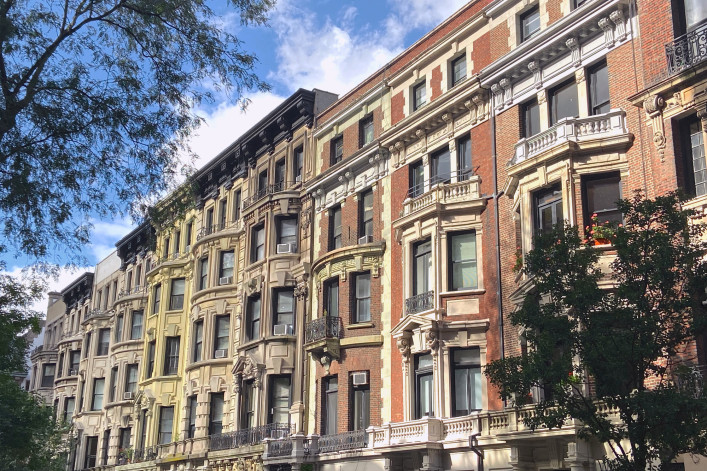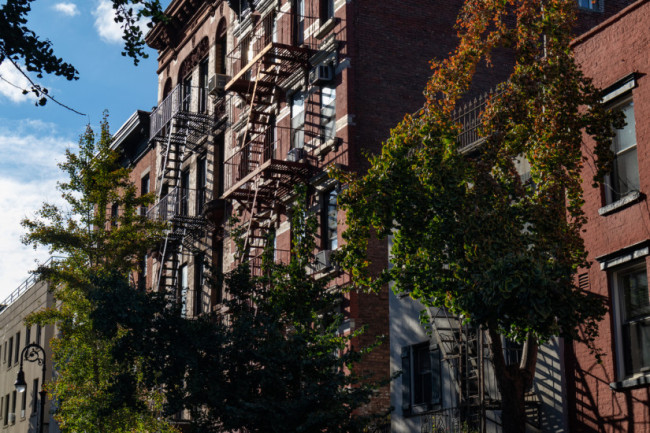Should I sign my landlord's non-disclosure agreement?
- Non-disclosure agreements are like any contract; you can always negotiate
- NDAs are rare in situations where a tenant has broken their lease early, our experts say

NDAs, like most contracts, are up for negotiation.
iStock
I broke my lease early due to a disagreement with my landlord. He asked me to sign an agreement that I don't talk about why I left the building, or what it was like to live there. Is this legal?
Broadly speaking, there’s nothing illegal about signing a non-disclosure agreement with your landlord if you leave your apartment early, but it’s fairly rare, according to our experts.
If your landlord asks you to sign an NDA, whether or not you should sign depends on why you’re breaking your lease.
“Most landlords don't assume that a tenant is going to blab about the apartment,” said Sam Himmelstein, a partner at Himmelstein McConnell Gribben & Joseph (and a Brick sponsor FYI). “It’s a bit more common because of social media…but I wouldn’t say it’s the norm in a lease breach situation.”
While rare when a tenant breaks their lease, NDAs are common when a landlord agrees to buy a tenant out of their lease, so that they can demolish or sell a building, Himmelstein said.
If the apartment is unlivable
If you’re leaving the apartment because your landlord is refusing to fix serious issues that make the unit unlivable, you don’t have a huge incentive to sign an NDA, Himmelstein said.
In that situation, your landlord may be offering this NDA in exchange for not asking you to pay out the term of your lease. But if the apartment’s condition is so poor you were forced to leave—something called a constructive eviction—it would be difficult for your landlord to prove in court that you have to pay.
Constructive evictions, however, are rare. Usually your apartment has to be in extreme disrepair—such as having no heat, or unsafe levels of lead.
If you’re moving out for other reasons
If you broke your lease for some reason unrelated to the apartment, you could be on the hook for some unpaid rent. (Though it’s worth noting that New York landlords have a duty to do all they can to re-rent the apartment once you notify them of your intent to leave).
In that case, you may want to sign an NDA to save some cash.
“If all the landlord wants to do is say to you ‘don't talk about it, and I'll let you out,’ I would advise a client to do that,” Himmelstein said. “They’re saving themselves potentially thousands of dollars.”
You’ll also want to carefully consider two parts of any NDA agreement: whether it’s mutual and how it considers damages, said James B. Fishman, a partner at Fishman law Group, a law firm representing tenants in NYC. Fishman recommends getting a mutual NDA—meaning that your landlord also can’t blab about why you left the apartment.
And it’s better to have an agreement where your landlord has to prove that they were actually harmed by your words before they can collect damages, Fishman said.
Trouble at home? Get your NYC apartment-dweller questions answered by an expert. Send your questions to experts@brickunderground.com.































